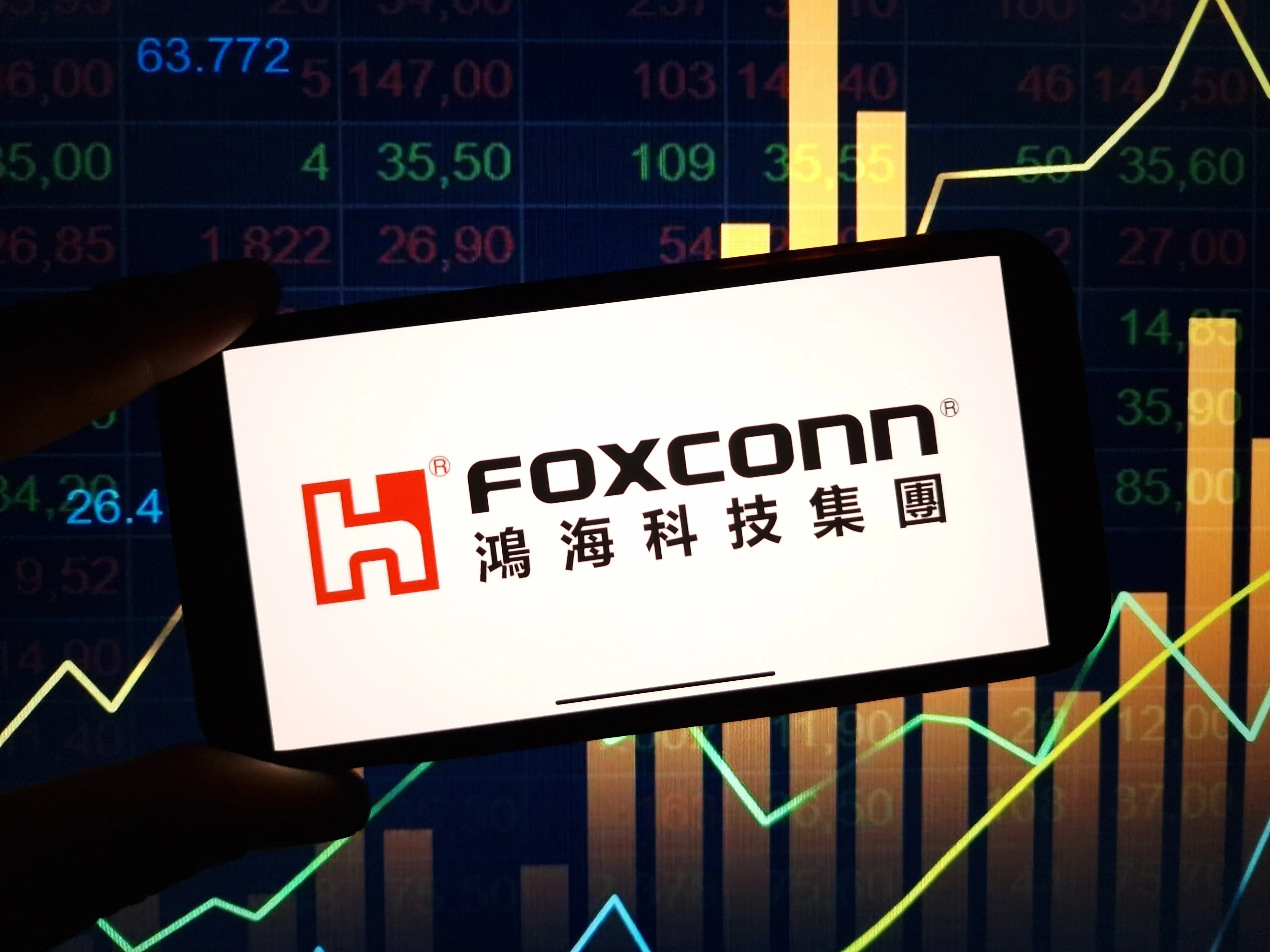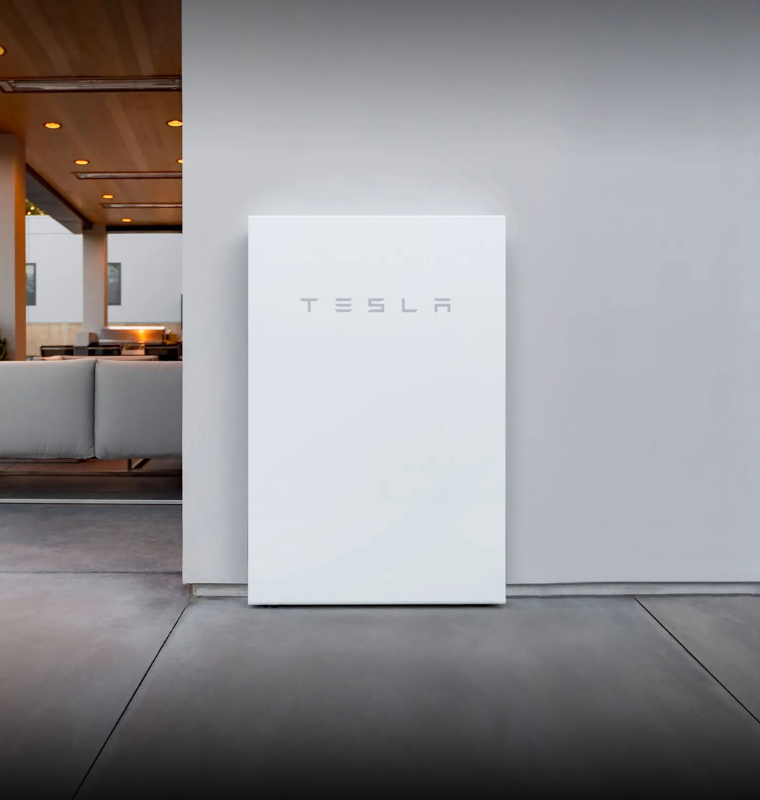Foxconn Reports 17% Profit Surge as AI Server Demand Fuels Record Quarter
Foxconn Reports 17% Profit Surge as AI Server Demand Fuels Record Quarter
By
Calder Monroe
Last updated:
November 12, 2025
First Published:
November 12, 2025

Foxconn, officially known as Hon Hai Precision Industry Co., announced a 17% year-over-year rise in third-quarter profit, driven by a surge in global demand for AI-focused hardware and data center infrastructure. The Taiwan-based company, best known as Apple’s primary iPhone assembler, is rapidly evolving into a crucial supplier for the artificial intelligence ecosystem, with deepening ties to Nvidia and other major chip developers.
In its September-quarter earnings report, Foxconn posted revenue of NT$2.06 trillion (approximately $66.3 billion) — matching analyst expectations — while net profit hit NT$57.67 billion, significantly surpassing the NT$50.41 billion forecast compiled by LSEG SmartEstimates. The results mark one of Foxconn’s strongest quarterly performances in recent years, highlighting a decisive pivot away from its reliance on consumer electronics toward high-growth AI server manufacturing.
Expanding Beyond iPhones
While Foxconn remains a key manufacturing partner for Apple, the company has been strategically diversifying its portfolio amid plateauing smartphone demand and global supply chain challenges. The firm’s server rack production for AI data centers has emerged as a major growth engine, with analysts projecting double-digit revenue expansion from its AI segment through 2026.
“Foxconn’s server manufacturing business is in a strong acceleration phase, backed by the surging adoption of AI workloads,” said Ivan Lam, senior analyst at Counterpoint Research, in a note to CNBC. “The company’s scale and manufacturing efficiency allow it to capture both immediate and long-term opportunities in the AI infrastructure race.”
Riding the AI Boom
Foxconn’s expanding partnership with Nvidia — whose GPUs power most of today’s AI data centers — has positioned it at the core of the global AI hardware supply chain. Industry insiders say Foxconn is supplying AI-ready server systems and specialized components to several top U.S. cloud service providers, helping it secure billions in new contracts for 2025 and beyond.
This shift toward enterprise hardware reflects a “follow the cash” strategy, Lam added, noting that Foxconn is prioritizing AI-related manufacturing contracts over traditional consumer electronics to capture higher-margin opportunities.
Future Outlook
Despite potential headwinds — including component price swings, foreign exchange fluctuations, and geopolitical uncertainty — analysts expect Foxconn’s momentum to continue into the fourth quarter. The company has also been investing heavily in electric vehicle (EV) production, semiconductor design, and AI-driven automation, signaling a long-term push to become more than just a contract assembler.
Market experts believe Foxconn’s strategic transition toward AI infrastructure could transform it into a global technology powerhouse in its own right. With AI demand showing no signs of slowing, Foxconn appears well-positioned to remain one of the most critical suppliers in the next decade of digital growth.
Popular articles
Subscribe to unlock premium content
The Rise of Silent Walking Tours in Historic Cities

The Rise of Ultra-Niche Cooking Classes Focused on Historical or Regional Recipes

The Rise of One-Person Dining Experiences for Ultra-Introverts in Major Cities

The Rise of Silent Walking Tours in Historic Cities

The Rise of Ultra-Niche Cooking Classes Focused on Historical or Regional Recipes

The Rise of Silent Walking Tours in Historic Cities









